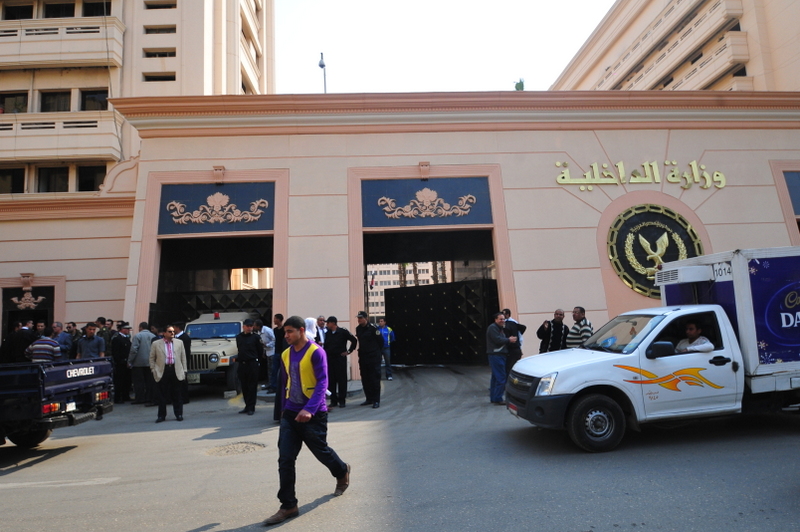The 14th-century Arab historian Ibn Khaldun wrote that the past resembles the future more than one drop of water resembles another.
This may have been true once, but times have changed. We have not only an interconnected world, but also an interdependent world. The batting of a butterfly wing in New Zealand has a consequence in Europe.
The novel coronavirus (COVID-19) pandemic has shown very clearly the deeper, systemic challenges in the world. COVID-19 has compounded these challenges, particularly relating to youth, environment, inequality, but it did not create them.
It is in times of crisis that we see what societies are really made of. We see just how resilient our social fabric is. This resilience shows the same grit and stubborn optimism we will need to solve the next great challenge facing us.
A crisis can have a cleansing experience that moves us beyond fear and grief, and helps us face the world again. To have a real and forward-looking impact on the world around us. We must use the BUILDING BACK possibilities, both financial and political, to make things BETTER.
Youth
Over the last few years, we have seen the power of young people, the strength of their voices, and the beauty of their convictions.
As young people around the world marched against climate change, and for social justice, they managed to reshape the international agenda. This makes sense. Throughout history, change has often come from those who have the longest future still ahead of them.
It is young people who show societies the best way forward, and so it is also to young people that we should listen. This means giving them a greater say in policy, politics and the economy.
And that means investing more in education and youth employment. It also means providing them with an open society in which they can use their talents best, especially in regions which are home to such a large new generation.
Climate
Like the COVID-19 pandemic, climate change has enveloped us in much the same way that Ernest Hemingway once described the process of going bankrupt: ‘gradually, and then suddenly’.
Now during and in preparation for the after-COVID-19 era, never in the history of the world has there been such a vast financial stimulus to the global economy. Of course, this is primarily meant to keep the economy and our social systems up and running.
But it can and must serves a deeper, systemic purpose too: to equip our economies and societies for the future. To this end, we must show vision and resolve, because the best way out of this crisis is through a green and inclusive economic recovery.
If we use the current financial stimulus to this end, we can achieve more at a stroke than we have been able to do in the last three decades. To do this, we need to turn grey and scorching cities into cool and pleasant places, by literally growing green cities with trees and parks. But this will also take place by using more sustainable building materials.
We need to shift influence on decision-making from the old to the young, as the coming generations will have to live with the consequences of our current choices. We should also improve public transport working on hydrogen or synthetic fuels.
On this last point, it should be noted that, in February 2021, KLM flew the first passenger flight between Amsterdam and Madrid with a mix of 500 litres of synthetic fuel. We need to make old things new again, by helping businesses and consumers shift to a circular economy.
Inequality
COVID-19 has hit poor citizens much harder than rich citizens. We can also say that it has hit countries with poor economic and political governance much harder than the others.
These two inequalities in the world, on an individual level and on a country level, is a systemic problem that we can work on in Building Back Better. Economic governance as in balance of payments, debt ratio’s, market distortions, market interference, as well as corruption, play a big role in having, or not having, the necessary reserves to counteract the effects of any crisis and to build back afterwards.
Economic governance also entails the necessary institutions to help citizens and the private sector in difficult times and thereafter. Political governance should be seen as in rule of law, role of civil society, existing and functioning countervailing powers, and respected and well-functioning government institutions which give citizen the trust in their leaders.
Improving the different forms of governance will encourage that trust of citizens and enable countries to work their way out of the crisis and to Build Back Better.
Han-Maurits Schaapveld, Ambassador of the Kingdom of the Netherlands to Egypt



